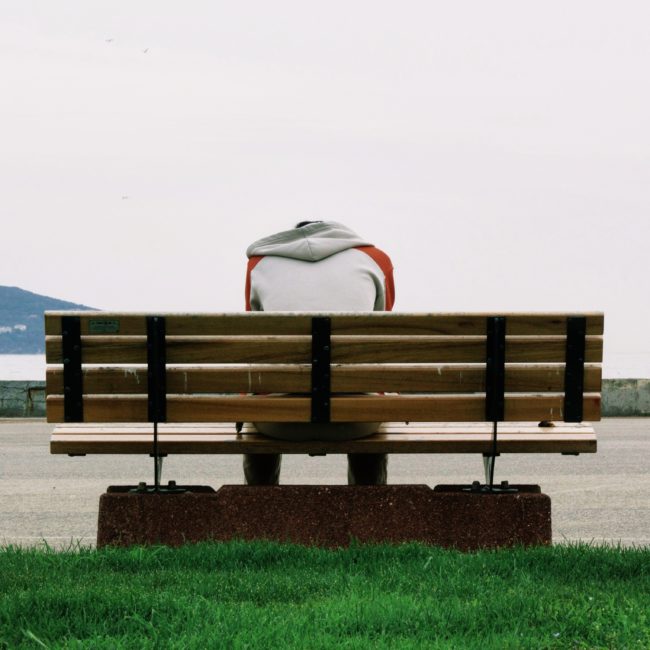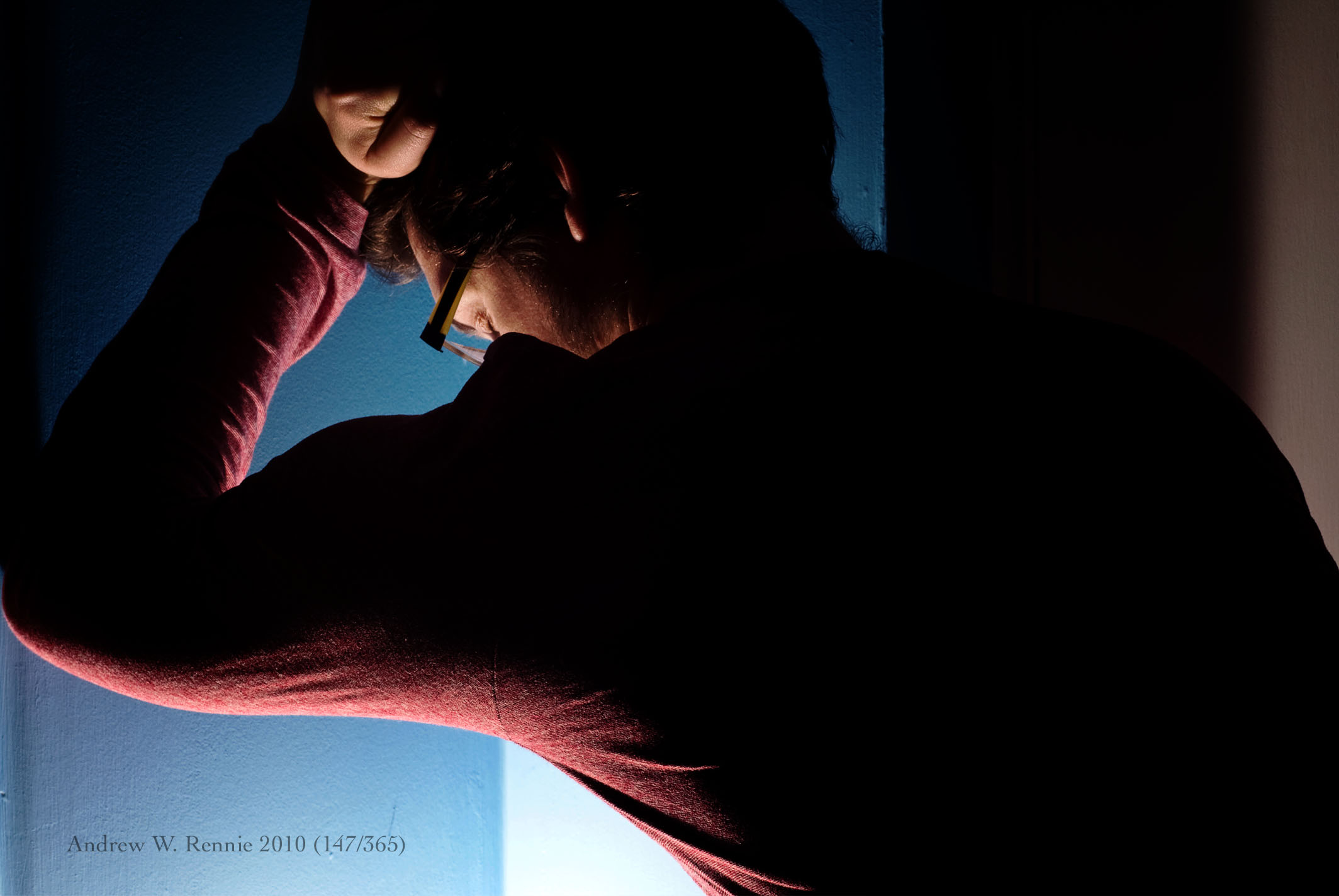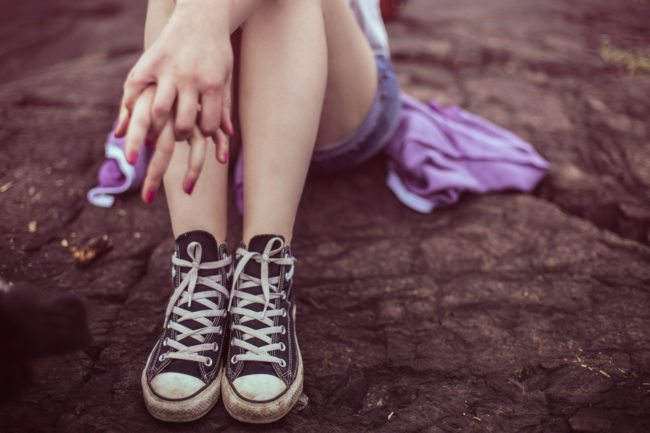Rape victims should not attend court, says top judge

One of the UK’s top judges wants rape victims to provide evidence by video link instead of appearing in court.
Scotland‘s highest judge, Colin Sutherland, Lord Carloway, hopes to introduce a system by which victims would give evidence in a recorded statement 24 hours after they report the alleged crime.
Lord Carloway hopes that this will avoid victims having to endure a “memory test” when their trial could take place months or even years later.
“A person’s memory does not improve with time or being put under stress,” Lord Carloway told BBC News.
“If we can attack both of these elements the time of cross-examination and resolve the issue of stress we may end up with a much better quality of evidence than what we are getting at the moment.”

The idea, which came on the back of a judicial review on how evidence is gathered in Scottish courts, could help the nation address a drop in rape convictions.
Rape convictions have dropped to 39 percent in Scotland in the last year, in comparison to 49 percent the year before.
“We have the ability to record what people do remember at or around the time of the event so it is somewhat strange that we are depending so heavily on what they’re being asked in a court room months and sometimes years later,” said Lord Carloway.
“The review was designed to address that major problem that we have of memories fading with time.”

At this stage, the judge is unaware how victims would be cross-examined.
The new system could consider letting the court’s defence cross-examine the victim over film, rather than in the court itself.
Women can still be subjected to questions about their sex life, what they were wearing and even if they own sex toys, said MP Liz Savile.

(Pexels)
People’s sexual history can be used as evidence under section 41 of the Youth Justice and Criminal Evidence Act 1999 in the UK.
England and Wales also share low rape conviction rates.
There were 41,150 rapes reported in England and Wales between 2016 and 2017, and only 2,991 of those cases ended in convictions.

